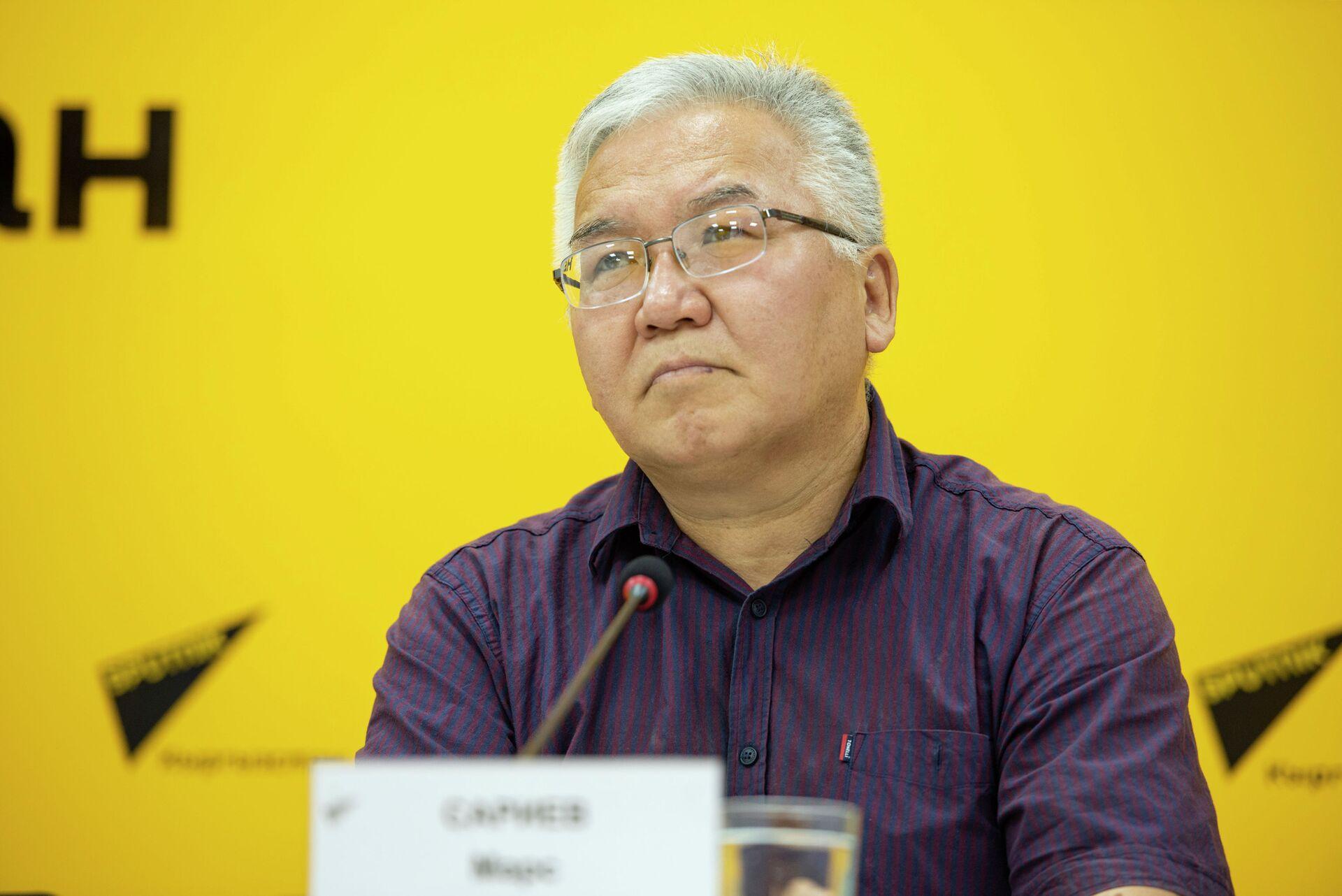Pundits say US strategic game affects South Caucasus Anaconda Plan in action
Armenian Prime Minister Nikol Pashinyan, during a meeting with his fellow party members, said that "Azerbaijan is looking for a reason to start a new large-scale war in the region, and can also take advantage of the situation with the four villages that came under Armenian control as a result of hostilities in the 1990s".
"We have never claimed the territory of these villages," Pashinyan emphasised (quoted by TASS).
Thus, the Armenian prime minister denies, at least in words, claims to territories that are not part of Armenia outside the internationally recognised borders.
According to Pashinyan, if Yerevan does not renounce its claims to four villages that came under its control as a result of military operations in the 1990s, then Baku will start a new war.
At the same time, it is reported that Armenia has begun to move military equipment to the conditional border with Azerbaijan. It is alleged that personnel and military equipment are concentrated on the border between Armenia and Azerbaijan.
Azerbaijan’s Defence Ministry called on Yerevan to abandon provocations on the border. Baku emphasizes that revanchist sentiments and forces threatening war have intensified on the territory of Armenia in recent days. “We warn that any attempt at military provocation against Azerbaijan by the Armenian armed forces will be decisively suppressed by the Azerbaijani army,” the Ministry said in a statement.
Baku emphasized that all responsibility for a possible escalation between the parties will fall on Yerevan and its patrons.
So, how to explain Pashinyan’s statement? What is behind such rhetoric of the Armenian prime minister? And why is Armenia massing troops in the Armenian-Azerbaijani border area?
Well-known political analysts shared their opinion about this with Caliber.Az.

As Russian expert on the South Caucasus Konstantin Tasits noted, speaking about the threat of a large-scale war on the part of Azerbaijan, the Armenian authorities are trying to get additional preferences in the economic and military sphere from the West.
"In addition, in this way, RA Prime Minister Nikol Pashinyan seeks to convince Armenian society of the need to return to Azerbaijan 4 villages directly adjacent to the border, which were seized by Armenians as a result of the First Karabakh War in the 1990s. At meetings in Prague and Brussels, organised through the mediation of the European Union, he recognised Azerbaijan's 86600 square kilometres of territory. This includes not only Karabakh but also several villages that were part of the Azerbaijani SSR during the Soviet era.
That is, in this case, international law is on Baku's side, and the Armenian leadership fears that Azerbaijan will seek the return of the territories by military force," Tasits believes.

Mars Sariyev, a Kyrgyz political scientist and regional security expert, said that the problem of the South Caucasus is that Armenia has not become a subject of international politics.
"Armenia is an object of global players, unlike, say, Georgia, which has a balanced position and has not become a plaything of global players, who wanted to turn it into an analogue of Ukraine. Unfortunately, Pashinyan succumbs to such pressure and thus creates a danger for Armenia, for its existence. Pashinyan himself stated that Armenia has no claim to these 4 Azerbaijani villages, but, on the other hand, because he is under pressure from the West, in particular, France is the moderator of these processes, he is forced to follow its dictates.
On April 5, Pashinyan is due to meet with Blinken and von der Leyen in Brussels. I think that the West's goal is to unleash war in the South Caucasus. Of course, they would like to push Azerbaijan and Iran more, but in any case, any conflict in the South Caucasus creates a very difficult situation for both Russia and Iran and generally destabilises the Middle East. This fits into the framework of the US global game called the Anaconda Plan (a military strategy proposed by Union General Winfield Scott early in the American Civil War). This is the creation of hotbeds of instability that undermine both the countries of the Middle East and the overland transport corridor that China is building towards Europe. Further, this conflict will inevitably spill over to Central Asia in a second stage," Sariyev said.
He believes that two projects are competing in the Caucasus.
"One, promoted by the UK through Türkiye, to create a transport corridor to China. The Zangezur corridor is also needed for this. This creates a regime of stability along the route in all the countries through which it will pass.
At the same time, the US and France, which are conceptually backed by the Vatican, are not interested in the English project - they want the situation to be mothballed, to remain as they created it hundreds of years ago.
And if instability is created in the South Caucasus, it will go beyond this region. The war there will affect Central Asia and China as well.
That is, I think the roots of the conflict between Armenia and Azerbaijan are global in nature and are a consequence of the struggle of world players. I think that in this situation Azerbaijan is absolutely not interested in escalation of the conflict, as well as Iran. Russia is not interested either, as it is currently at war with Ukraine and the opening of a second front is not in its favour. China is not interested either. This is all in the hands of the United States, first of all, which is pushing France as a moderator of this process," the Kyrgyz expert concluded.







